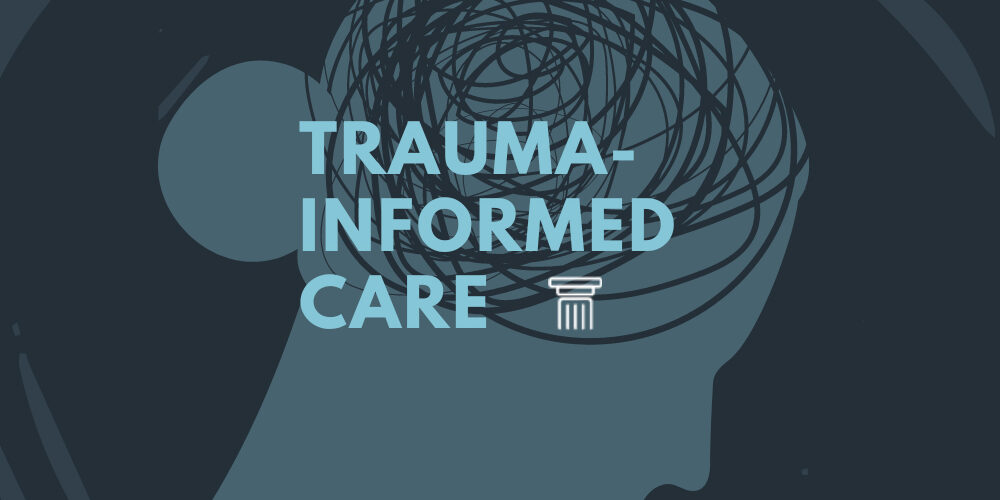Though our understanding of mental health disorders is continuously evolving, trauma remains one of the most complex conditions to treat. Trauma can change survivors’ brains, specifically affecting the regions governing memory, decision-making and emotions. The resulting hypervigilance and fear can take over every aspect of your life. By shifting the focus to helping you process what has happened to you, trauma-informed care fosters long-term healing.
The Long-Term Effects of Trauma
A traumatic event might affect your thoughts, feelings and personality for a long time. For many people, this could mean frightening flashbacks or nightmares, an inability to relax, loneliness, anger and intrusive thoughts and memories. Trauma can cause your brain to remain in fight-or-flight mode, suppressing your memory and impulse control and trapping you in a constant state of strong emotional reactivity.
Trauma can be difficult to address because it isn’t a universal experience and is frequently unpredictable. For example, an event you find deeply disturbing might not affect a friend who went through the same thing with you. Trauma can also take many forms, including domestic abuse, sexual assault, robbery, natural disasters and the loss of a loved one.
Though it’s challenging to overcome trauma’s repercussions, you can retrain your brain and restore your inner peace with time and trauma-informed care. An ability called neuroplasticity explains why we can rewire our brains to reverse trauma’s damaging effects. Adding new connections and strengthening existing ones allows you to grow, change and learn.
What Is a Dual Diagnosis?
The negativity and chronic stress trauma survivors carry can lead them to turn to unhealthy coping mechanisms, including drugs and alcohol. After experiencing a traumatic event, you may use drinking and drug use to mute symptoms like hypersensitivity, social withdrawal, depression and insomnia.
At first, these substances may give you some semblance of control, but a worsening substance use disorder will gradually inhibit your ability to heal and move forward. Over time, the would-be “cure” causes you even more physical and emotional damage than the original trauma.
When trauma and a substance use disorder co-occur, addressing both conditions at the same time is essential to make a full recovery. Dual-diagnosis treatment is an approach that has helped many people regain control of their lives.
Trauma-Informed Care in Orange County, California
Trauma-informed care is the ideal choice for anyone dealing with a dual diagnosis of addiction and trauma. At Pillars Recovery, our mental health professionals create a space where our clients can learn to feel comfortable being open about their struggles. We have two separate single-gender facilities – our women’s-only recovery center in Laguna Beach and our men’s-only program in Newport Beach. Our philosophy focuses on providing individualized treatment plans that meet your unique needs for healing.
If you need to rebuild your life and feel empowered again after experiencing the emotional and physical ravages of trauma and addiction, contact us today to learn about the evidence-based practices that set us apart.







